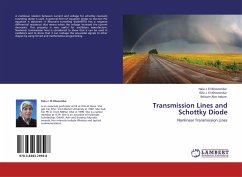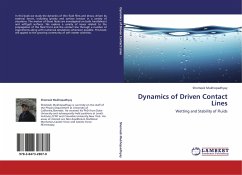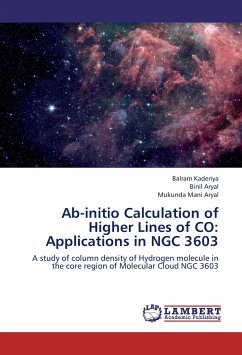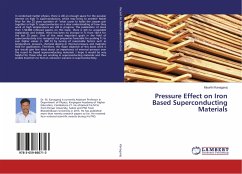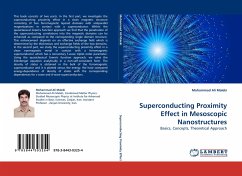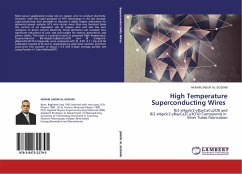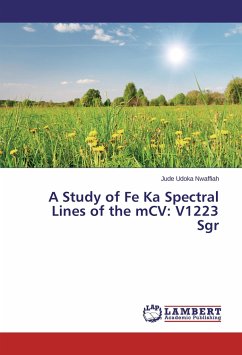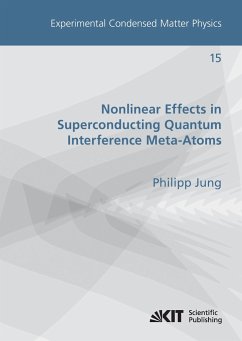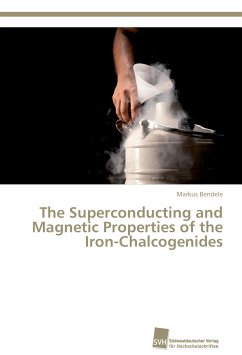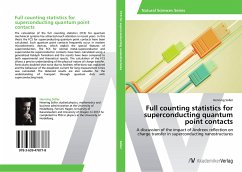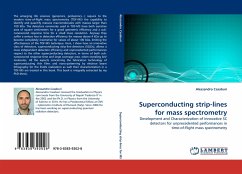
Superconducting strip-lines for mass spectrometry
Development and Characterization of innovative SC detectors for unprecedented performances in time-of-flight mass spectrometry
Versandkostenfrei!
Versandfertig in 6-10 Tagen
39,99 €
inkl. MwSt.

PAYBACK Punkte
20 °P sammeln!
The emerging life sciences (genomics, proteomics...) require to the modern time-of-flight mass spectrometry (TOF-MS) the capability to identify and quantify massive macromolecules with masses larger than 100 kDa. The detectors commonly used in TOF-MS have both sensitive area of square centimeters for a good geometric efficiency and a sub-nanosecond response time for a small mass resolution. Anyway they suffer a serious loss in detection efficiency for masses above 4 kDa up to become completely insensitive for values of about 100 kDa, limiting the effectiveness of the TOF-MS technique. Here, I ...
The emerging life sciences (genomics, proteomics...) require to the modern time-of-flight mass spectrometry (TOF-MS) the capability to identify and quantify massive macromolecules with masses larger than 100 kDa. The detectors commonly used in TOF-MS have both sensitive area of square centimeters for a good geometric efficiency and a sub-nanosecond response time for a small mass resolution. Anyway they suffer a serious loss in detection efficiency for masses above 4 kDa up to become completely insensitive for values of about 100 kDa, limiting the effectiveness of the TOF-MS technique. Here, I show how an innovative class of detectors, superconducting strip-line detectors (SSLDs), allows a mass independent detection efficiency and unprecedented performances respect to the other superconducting detectors, in terms of both sub-nanosecond response time and large coverage area, when revealing keV molecules. All the aspects concerning the fabrication technology of superconducting thin films and nano-patterning by electron beam lithography for the SSLDs realization as well their characterization in a TOF-MS are treated in this book. This book is integrally extracted by my PhD thesis.



